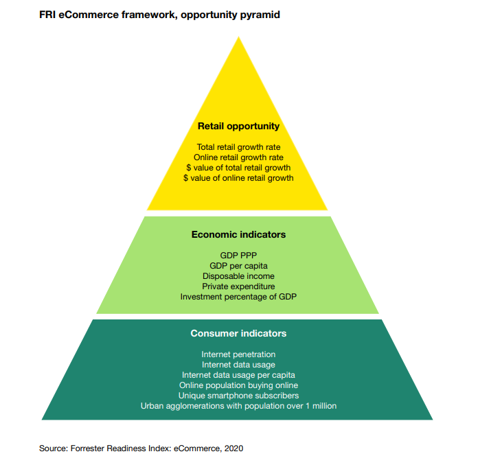
Dive Brief:
-
Art Van Furniture on Monday filed for Chapter 11 bankruptcy protection, according to court documents filed with the United States Bankruptcy Court for the District of Delaware.
-
The company plans to pursue a going-concern sale for 44 of its stores and two distribution centers under its Levin and Wolf banners, the documents said.
- The remaining locations will shutter through going-out-of-business sales, the company announced late last week.
Dive Insight:
In 1959, Art Van Elslander opened the first Art Van Furniture location in Detroit and held onto his business for nearly six decades before selling it to private equity firm Thomas H. Lee Partners in March 2017.
Later that year, the company acquired two Pennsylvania-based companies, Levin and Wolf. The company grew to operate 169 locations — including 92 furniture and mattress showrooms, and 77 freestanding mattress and specialty stores — across Michigan, Indiana, Ohio, Illinois, Pennsylvania, Maryland, Missouri, and Virginia.
But as consumers shifted away from more traditional channels and began to look to e-commerce, Art Van Furniture fell out of favor with consumers. Under “extreme market conditions and faced with limited liquidity,” the retailer filed for bankruptcy.
“Given continuously declining profitability and operational challenges over the past three years, and despite the best efforts of the Company and its advisors to secure the capital necessary to preserve the entire business as a going concern, the Company is simply unable to meet its financial obligations,” Art Van Furniture Executive Vice President and CFO David Ladd said in court documents.
According to the filing, Art Van posted negative comparable sales every quarter since June 2016, which the company attributed to declining foot traffic, lost market share to Wayfair and Amazon, and fragmentation and increased competition in the mattress category. Revenues on a same-store basis declined a cumulative 27% since fiscal 2016.
Pier 1, another home goods retailer that struggled with declining sales for some time, last month filed for Chapter 11 bankruptcy protection and began looking for buyers. The retailer announced going-out-of-business sales at up to 450 of its locations.
The mattress category has also changed rapidly over the years. E-commerce brands like Casper, Leesa, Tuft & Needle and Purple have taken market share away from more traditional players, in part leading to the bankruptcy filings of Mattress Firm and Innovative Mattress Solutions in recent years.
In addition to forfeiting market share and losing foot traffic, Art Van also faced increased expenses recently due in part to $8 million in tariff costs in 2019 and increased marketing spend in an attempt to stem comp sale declines.
Marketing is an area both Wayfair and Casper have invested heavily in, but may also come at the expense of their profitability. Wayfair in late February reported that net loss for 2019 swelled more than 95% to $984.6 million, while its advertising expenses reached $1.1 billion, or more than 12% of its total revenue that year. And Casper, which in January first revealed a glimpse into its financials when it filed for an initial public offering, spent $126.2 million on marketing in 2018 (35% of its total revenue in 2018), while its net loss was $92.1 million.

